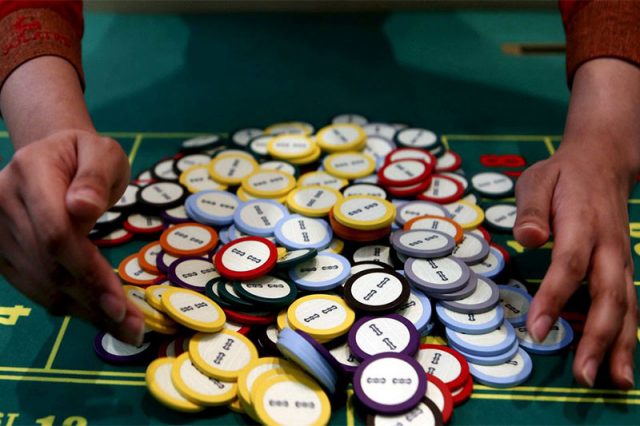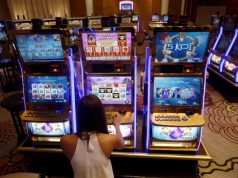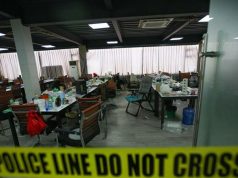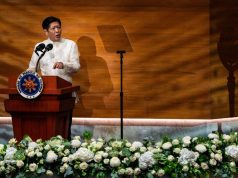
MANILA— The Philippine gaming regulator aims to take a slice of the lucrative online gaming market by launching its own e-gambling operations next year to grow its pool of customers and attract wealthy offshore gamblers, its chief said on Thursday.
The Philippine Amusement and Gaming Corp (Pagcor), a gaming regulator and operator, raked in 16 billion pesos ($293 million) last year from the 41 physical casinos it operates, contributing to the Philippine gambling industry’s gross gaming revenues of 214 billion ($3.9 billion) pesos.
“Online gaming offers an opportunity to tap into new markets and diversify its customer base,” Pagcor Chairman Alejandro Tengco said at the SiGMA Asia gaming conference.
Online gaming presents a huge opportunity for Pagcor, with the global online gambling market, valued at $63.53 billion in 2022, forecast grow at a compound annual growth rate of 11.7% from 2023-2030, a study by consulting firm Grand View Research showed.
A boost in the revenues of Pagcor, which is directly under the office of the Philippine president, bodes well for the Southeast Asian country because the bulk of it earnings form part of the national budget.
Pagcor’s plan to tap into the multi-billion dollar online gaming industry follows its 2020 decision to allow integrated casino-resorts in the Philippines to take online bets to help them cope with the COVID-19 pandemic.
Gambling is legal in the Philippines.
There are 32 offshore gaming companies legally operating in the Philippines that cater mostly to Chinese clients.
Manila’s gambling scene, which includes a smaller version of the Las Vegas gaming strip that is home to integrated casino resorts like Japan’s Universal Entertainment Corp 6425.T and Melco Resorts & Entertainment Ltd MLCO.O, attracts high rollers from countries like China, Japan and South Korea.
($1 = 54.46 Philippine pesos)
—Reporting by Neil Jerome Morales; editing by Robert Birsel









